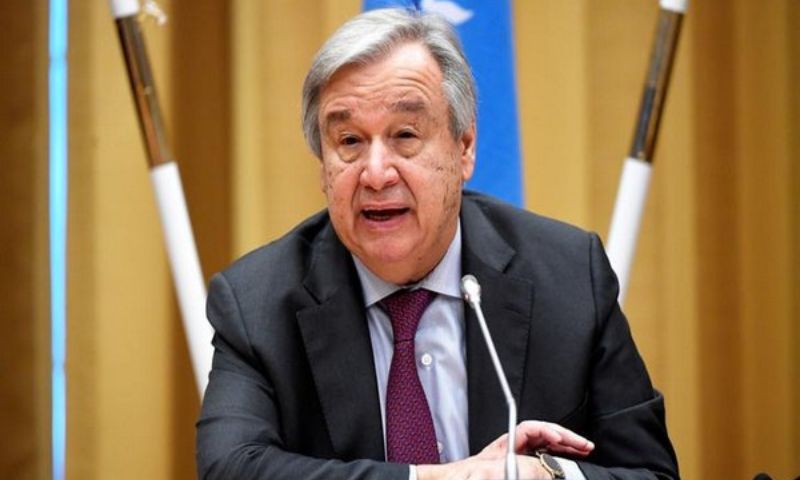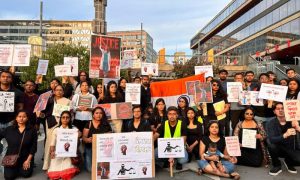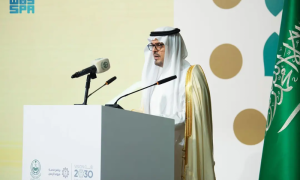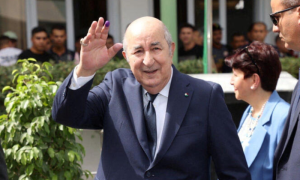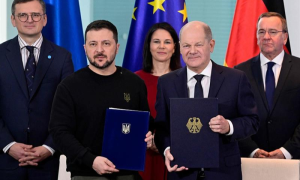UNITED NATIONS: In a rare and significant move, UN Secretary-General Antonio Guterres has invoked Article 99 of the UN Charter, compelling the Security Council to address the escalating crisis in Gaza. This exceptional step grants the Secretary-General the authority to call for a Security Council meeting on any matter he deems a threat to international peace and security, emphasizing the severity of the situation in Gaza.
Guterres’ decision to invoke Article 99 comes amid widespread support from a majority of Security Council members for a humanitarian ceasefire in Gaza. While several nations have expressed their backing, the United States, as a veto-wielding member, remains opposed to a formal resolution, advocating instead for continued negotiations.
The letter invoking Article 99, sent by Guterres to the Security Council, underscores the urgent need for action. Guterres warned of an impending and irreversible collapse in Gaza, stressing that the humanitarian system is on the brink of failure. He stated, “The situation is fast deteriorating into a catastrophe with potentially irreversible implications for Palestinians as a whole and for peace and security in the region.”
Highlighting the gravity of the situation, Guterres urged the international community to use its influence to prevent further escalation and work towards ending the crisis. The Secretary-General’s invocation of Article 99 marks a powerful diplomatic tool rarely employed and underscores the severity of the humanitarian crisis in Gaza.
UN Efforts to Facilitate Ceasefire in Gaza
Efforts are now intensifying within the UN to break the current deadlock and facilitate a ceasefire to provide much-needed relief for the suffering population in Gaza.
According to the UN, some 1.87 million Palestinian people – more than 80 percent of the population – have already fled their homes in the Gaza Strip. Many Palestinians fear they will not be allowed to return to their homes in Gaza.
Nebal Farsakh, spokesperson for the Palestine Red Crescent Society, said that “being a Palestinian now means you have to choose between the bad and the worse”. For those in Gaza, she described a constant struggle for safety and essential needs, such as water and food, as places to shelter from Israeli army shelling dwindle.
The spokesperson added the Red Crescent fears hunger and starvation will become as big a threat to Palestinian people as the fighting in the Gaza Strip, and while it is working to distribute aid, what people are receiving is “barely scratching the surface”.









